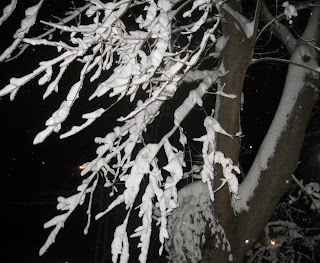
Most writers of memoir need not expect the chill and silence that has followed in the wake of my words. My story touches upon the history of a psychoanalytic community, and while mine is not a narrative about the New England Society of Jungian Analysts, it references, in part, my experiences within it. Over a period of thirty-some years this institution and ever-changing collection of analysts have played a major role in my life.
Because of my
love for the man who is my husband, who was initially for a period of nine
months my patient, I have lived under the threat of professional
excommunication for twenty-three years. For the most part mine was not an
unknown story because from the start I turned to many of my colleagues for help
and because of the surefire spread of gossip. In the early 90’s there was no
ethics code that spelled out “A member shall not engage in physical contact of
a sexual nature with a former analysand for at least two years after cessation
or termination of the professional relationship.” But there was the written
expectation that the analysts of this society “shall conduct themselves in
their work according to the highest ethical standards and shall act in the best
therapeutic interest of their analysands.”
It was clear
to me from the start that I was stepping across a line that involved wearing a
scarlet letter. I was also told from the start that to tell my story would be
professional suicide.
Everyone
should be free to love who they love, President Obama said in a recent speech
referring to the LGBT community. Albeit for complex reasons, this is not true
in the psychological community. Yet no one speaks of that.
I have
colleagues and friends who support me in the telling of this story, even those
who may not be in agreement with my beliefs, and I am forever grateful to them.
And then there are those whom I have known for decades who receive the
announcement of my book without a word.
Carl Jung
based his psychology on the principle of individuation, becoming true to a higher
Self that contains the opposites and I believe strives ultimately for the good.
I have written a memoir that includes the breaking of silence as part of my
individuation process.
What does it
take to hold the tension of the opposites, between silence and speech, between
your truth and my truth, to hold the still point and the talking point in a
dialogue that moves us ever closer to the center and heart of our
humanity?






.JPG)
